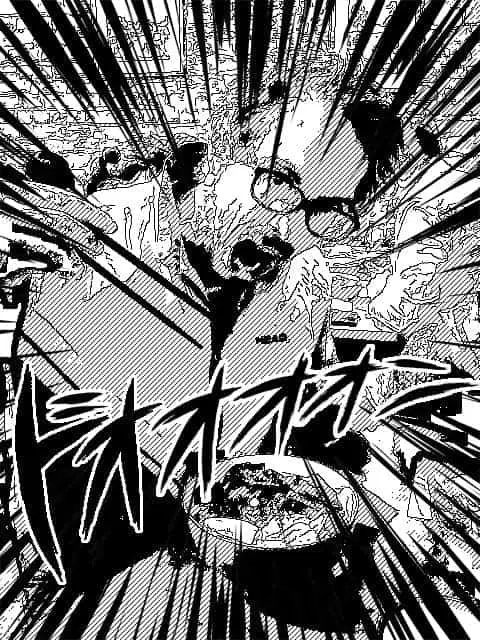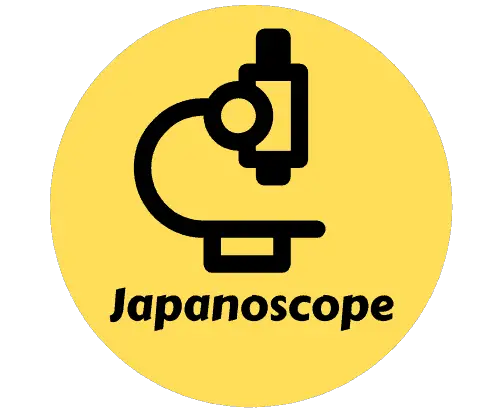Today we’ve translated a series of Tweets by Koike Kazuo – author of various manga and other work including Lone Wolf And Cub/Crying Freeman/Lady Snowblood.
The translated Tweets talk about sickness, or pain, and how it only really exists when it takes possession of our attention. They are from a series that Koike, incisive social commentator and, incidentally, hero to Demon Slayer theme song singer LiSa, posted in the months leading up to his death from pneumonia in 2019. The thoughts are directly related to the physical situation he was in at the time, but they are also universal in their nature. They also deal with more metaphysical ideas of pain, unease and anxiety in the unquiet mind.
Approx Japanese level
Text Type
Koike Tweet 1
フォロワーさんに教えてもらった「病を忘れている間は、病ではない」という言葉が好きだ。心の病だろうが体の病だろうが、あまりにも自分に集中し過ぎていると、楽しいことや美しいものが入り込む余地が無くなってしまう。しんどいことは沢山あるけれど、何に集中するか選択することで人生の質が変わる
— 小池一夫 (@koikekazuo) April 14, 2019
Translated English
I love what one of my followers told me, “You’re not sick when you don’t remember you’re sick”.
Whether it is a sickness of the spirit, or of the heart, if you are too focused on yourself, there is no room for the fun stuff, for the stuff that tastes good to come in.
There are plenty of rough things in this world, but choosing where you focus your attention can change the very character of your existence.
Koike Tweet 2
「会話ができる」ということにすごく感動する。「あのね」「なあに?」というような他愛のない会話でも嬉しい。老人病院にいるので、意志の疎通ができなくなった人を目にするので特にそう思うのかもしれないが、話す相手がいる、答えてくれる人がいるって、本当は凄いことなんだと思う。忘れがちだけど
— 小池一夫 (@koikekazuo) March 17, 2019
I am deeply moved by the “ability to converse”. I’m even grateful for the throw-away interactions, “Well, um”, “What do you mean?”. It may be because I’m in a geriatric hospital, where I see with my own eyes the people that have lost the ability to communicate with those around them, that I think that having someone to talk to, someone who will answer you when you speak to them, is really a wonderful thing. It’s easy to forget though.
Koike Tweet 3
「人生は時間」なんだよね。今、この一瞬一瞬が過去になり、時間を消費し、死に近づいていっている。そう思うと、逆に、何か元気が出てきます。限られた時間なんだから、なンかやったろうじゃないかッ!って。なるべく愉快に暮らそうぜッ!って。今日も、そんな日でありますように。おはようございます
— 小池一夫 (@koikekazuo) March 17, 2019
Life is time, I think you would agree.
Right now, each single moment becomes the past, time is spent, we move closer to death.
When you think that way, counterintuitively, it cheers you up.
It’s like “Time is limited, so why not have a crack?”.
“You may as well have as much fun as possible”.
May today be such a day.
Koike Tweet 4
「集中して生きる」ことは、とても大事。自分にも、人にも、物事にも。集中できるということは、「好きの最上級」。好きなものは大事にできる。僕は、病で集中が出来にくくなっているので、特にそう思う。散漫に生きちゃだめだよ。
— 小池一夫 (@koikekazuo) March 16, 2019
To “live a life of concentration” is extremely important. For yourself, for others, for the world outside ourselves. The ability to concentrate is to achieve “the most refined level of love”.
What you love, you treat well.
I appreciate this all the more now that I am sick and find it so much more difficult to concentrate. Take it from me, don’t live your life with half a heart.
It is interesting to look at these Tweets beside 辞世 Jisei – Japanese Death Poems. I’ve translated some of these in the past: Japanese Death Poem 1, Japanese Death Poem 2, Japanese Death Poem 3.
Another reference point are Japanese Hanging Scrolls that also often feature short snippets of wisdom in calligraphy.
I’ve also looked at how social media in Japan has been accused of leading to people taking their own lives, including examing the The Words That Killed Hana Kimura, Pro Wrestler and reality TV star
Unfamiliar words for me
病 やまい、びょう 1. Pain, trouble 2. Illness
疎通 そつう Mutual understanding
他愛のない たわいのない Trifling, silly
Want more Translations? Try a topic from this list:
Tags
Language Learning Program Reviews
Latest Posts
Japanoscope is a registered affiliate with several online shops and may receive a commission when you click on some of the links within content.

Who is behind this site?
I’m Peter Joseph Head. I lived in Japan for four years as a student at Kyoto City University of the Arts and on working holiday. I have toured the country six times playing music and speak Japanese (JLPT N1).
ピータージョセフヘッドです。3年間京都市立芸大の大学院として、一年間ワーキングホリデーとして日本に住み、6回日本で音楽ツアーをし、日本語能力試験で1級を取得しました。要するに日本好きです。
Podcast: Play in new window | Download
